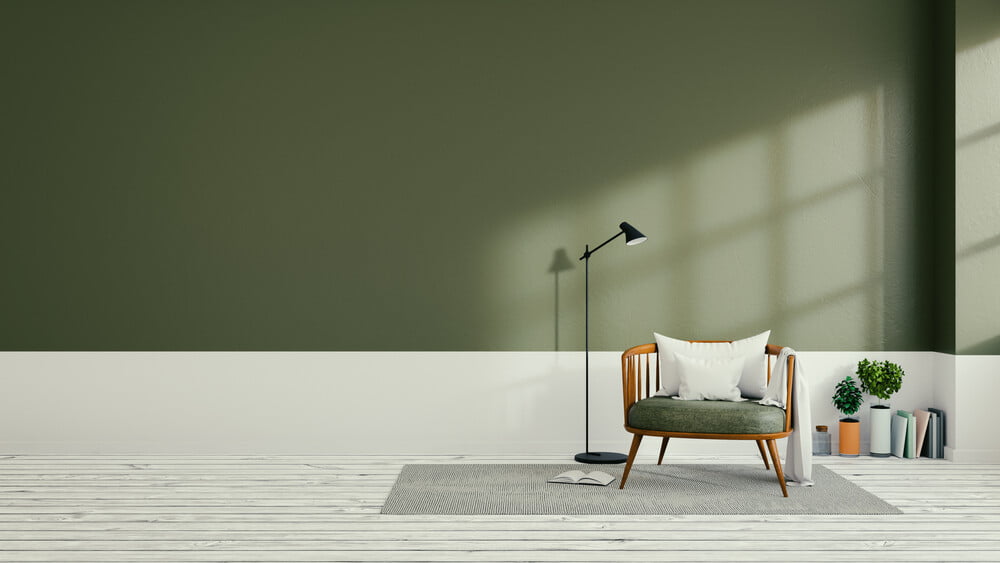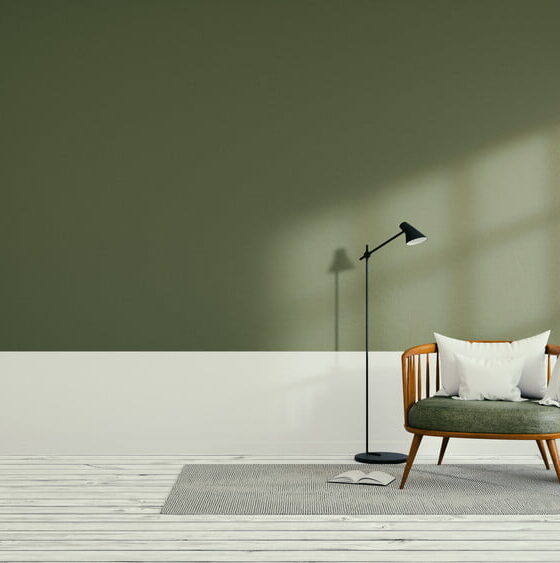

Editors Choice
Minimalism Is the Key to Being a Sound Environmental Steward
We have talked at length about ways to lower your carbon footprint. One topic that we wanted to talk about in more detail is minimalism.
There are a lot of ways that being a minimalist can be good for the environment. We wanted to give a brief overview of minimalism, followed by the environmental benefits and best practices.
What is Minimalism?
The concept of minimalism means different things to different people, but there’s a unifying theme to the philosophy: living with only the things you need and disregarding the obsession to acquire too much. Today, almost everyone is obsessed with acquiring more and more material possessions and consumerism at the expense of our peace of mind.
There’s too much clutter, distractions, and noise around us to a point where we don’t have any meaning left in our world and BetterCleans know this better than anyone as they see it every day when they clean homes. The concept of minimalism promotes a mindset whereby we live with less and remove anything that distracts us from living a minimalist way of life. However, minimalism doesn’t mean sacrificing one’s basic comforts but rather living with only the things you really need. If you feel overburdened by distractions, noise, and too much clutter in your life, it’s about time you make more space in your life. There’s no point of living a life with an overscheduled calendar and being in a vicious cycle of consumerism. A minimalist lifestyle is the way to go if you want to have peace of mind and gain many other benefits.
How Does Minimalism Help the Environment?
There are a lot of great reasons that being a minimalist is good for the planet. Some of the environmental benefits include:
- The products that you purchase will obviously require the use of natural resources. This can have a huge environmental impact.
- You will use less energy to heat your home if you don’t have as much stuff around. This can help with the planet.
- You can live in a smaller home (or even a tiny house). These types of homes are eco-friendly.
- You create less noise pollution by owning fewer things, which causes damage to the planet.
There are plenty of great environmental benefits of being a minimalist. But how do you practice being one? We will illustrate that in the following section.
Essentials of minimalism
- Pursuing happiness—Minimalism focuses on reducing stress and pursuing happiness. Several studies have shown a direct correlation between a cluttered life and an increase in stress hormones. The never-ending motion of pursuing worldly possessions barely leaves us time to rest, eat healthily, and keep in touch with our loved ones. Therefore, embracing a minimalist lifestyle translates to reduced stress and happier life.
- Intentionality—Minimalism is marked by intentionality to promote the things that truly matter to us and discarding everything else that distracts us from it. It’s a way of life that forces us to become more aware of our values and passions so that we can improve all aspects of our life.
- Fewer possessions- Minimalism is about living with the things that support your purpose and disregarding those that you don’t need.
- Freedom from duplicity—Most people subconsciously live in duplicity; whereby they want to copy other people’s lifestyles, own what others own, and do things like other people to fit in. We are constantly struggling to portray a certain image that’s deemed socially acceptable. Minimalism is about freeing us from the chains of duplicity so that we can live freely without social pressures.
- Freedom from the obsession to possess—We seem to have bought into the perception that happiness is derived from possessing as much as possible. This is an outright lie that we need to detach from. You cannot buy happiness at your local store. A minimalist lifestyle brings freedom from the depressing cycle of consumerism. Minimalism focuses on nurturing good relationships with others, good experiences, and taking care of ourselves.
Benefits of living a minimalist lifestyle
- Save time to engage in things that really matter
Less clutter and distractions means you’ll have more time to nurture relationships with your loved ones. A cluttered life is not only draining both physically and emotionally, but it also keeps you in a cycle of chasing worldly possessions; hence you’ll not have enough time for family and friends.
- Improved wellbeing
A minimalist lifestyle gives you much-needed peace of mind which reduces stress. An overscheduled calendar and the burden that comes with the obsession to own more adds increased anxiety onto our lives. According to a study conducted by Darby Saxbe and Rena Repetti, a cluttered lifestyle increases the production of stress hormones in the body. Therefore, owning less stuff may help you calm your mind.
- Spend less
Most people who are burdened by debts have one thing in common: they are always chasing worldly possessions. They are consumed by the vicious cycle of consumerism. Choosing to buy only the things you need translates to more money in your pocket. Therefore, minimalism will keep you out of debt and improve your financial health.
- Minimalism is good for the planet
By living with less, we reduce the consumption of natural resources; hence doing our part in conserving the environment.
Tips on how to live a more minimalist lifestyle
- Declutter
Start with physical decluttering to maximize your space. Get rid of the stuff you don’t use or need. A lot of clutter around you clouds your vision. As simple as it may seem, there’s some connection between our mental state and the items around us. The more items we keep, the more our minds become cluttered. Next, declutter your mind. Free your mind from unnecessary distractions so that you have more time to focus on what really matters.
- Resist the urge to possess more
In this digital age when we are bombarded with ads left, right, and center, it can be difficult to resist the temptation to buy more things, even those we don’t need. The best way to avoid the temptation to buy more is to unsubscribe from emails, avoid visiting shopping sites when it’s not necessary, have a shopping list, and watch less television. Buy only those items you really like and those that are actually meaningful to you.
- Find your purpose in life
To be able to live a minimalist and fulfilling life, you must first understand what you want to achieve out of it. Do you want to save more money and achieve financial independence? Do you want to declutter your mind and live a happier life? Or do you want more time to nurture your relationships? Figuring out what you want to gain out of a minimalist lifestyle is important because minimalism is about an intentional life of purpose. The ultimate goal of minimalism is to live a meaningful life.
- Stop the influx of new things
The influx of new things in your life is the major ingredient of a stressful life. It’s crucial to learn how to avoid engaging in things that do not add value to your life. Start with eliminating those that don’t add value to your life. Be it friendships, purchases, or activities, be sure to get rid of the things that don’t add much value to your life and embrace those that add meaning to your life.
Become a Minimalist to Help the Planet
There are a lot of great reasons to be a minimalist if you want to lower your carbon footprint. The tips listed above should go a long way.


 Environment12 months ago
Environment12 months agoAre Polymer Banknotes: an Eco-Friendly Trend or a Groundswell?

 Features11 months ago
Features11 months agoEco-Friendly Cryptocurrencies: Sustainable Investment Choices

 Features12 months ago
Features12 months agoEco-Friendly Crypto Traders Must Find the Right Exchange

 Energy11 months ago
Energy11 months agoThe Growing Role of Solar Panels in Ireland’s Energy Future





















